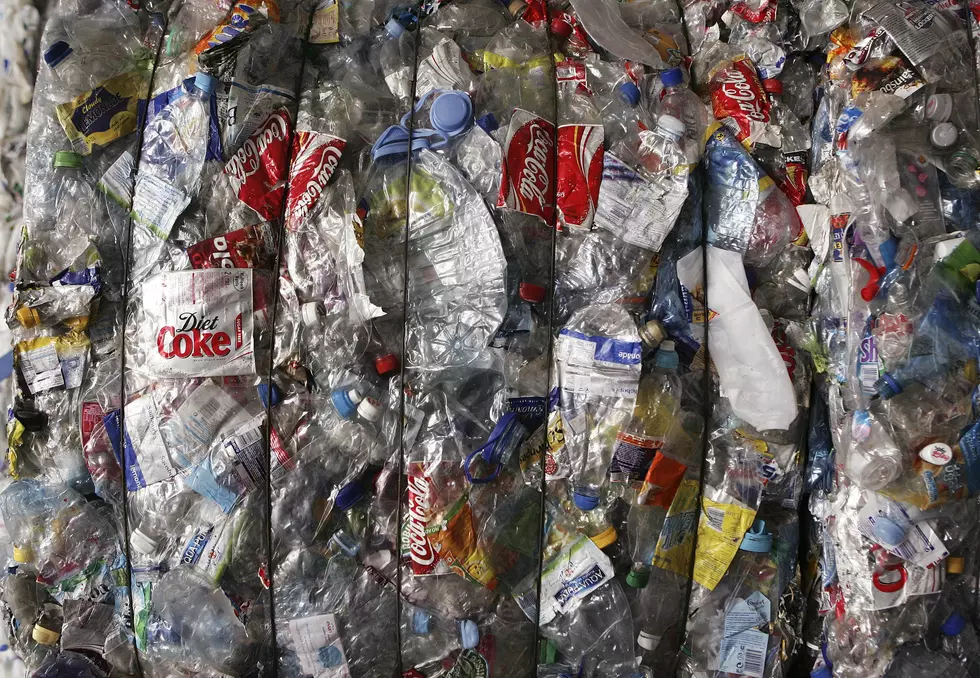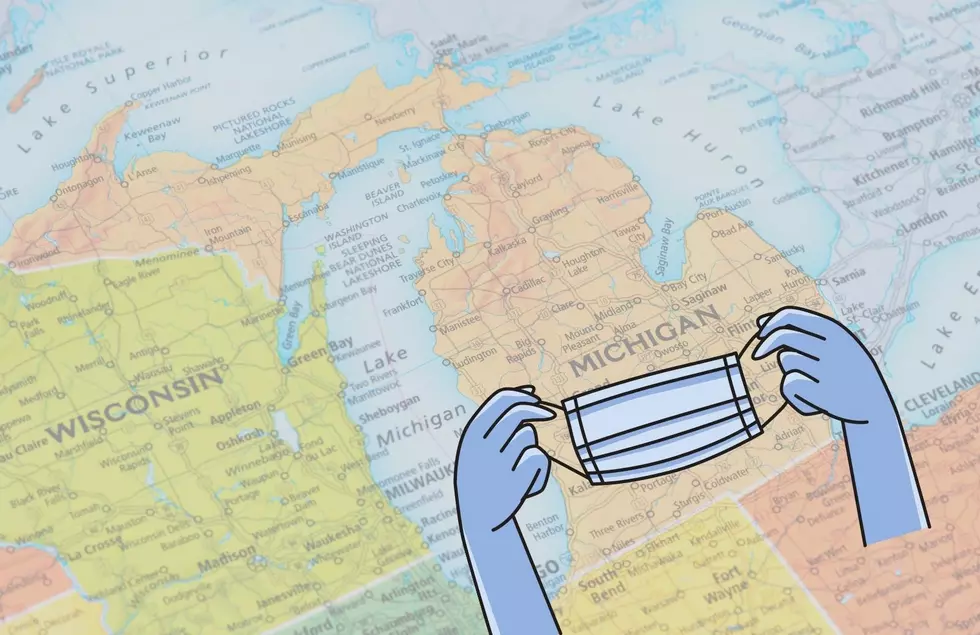
What Really Happens To That Can Or Bottle You Just Threw Away?
"That's ten cents..."
"Yeah I know but I don't want to carry it around all day."
Okay, how many times have you heard the "10 cents" line when you toss a bottle or can in the trash instead of tossing it with other cans or bottles that you will eventually return? By the way, how many cans and bottles do you still have piling up due to the pandemic? Any at all or are they now under control?
Anyway, back to my original point. Did you ever wonder what happens to the can or bottle you trash instead of returning? I mean...that is 10 cents you know. By the way, believe me when I tell you that I don't throw too many returnables away. My frugal (some would say cheap) nature just will not allow me to. And frankly, I never gave two thoughts as to what happens to that errant bottle or can and their corresponding dimes. But according to News 10, something does happen. Here's what happens...
That dime from every returnable goes to the State of Michigan. That's right. And guess the amount of money that is generated by returnables not being returned? If you guessed around 10 million dollars annually then you are right there in the ballpark.
So what does the State of Michigan do with that 10 million? Well three-quarters of it funds pollution prevention and environmental hazards clean up. One quarter of that money also goes to the stores to help them with the cost of taking returnables. However there are those who are not terribly happy with that 75/25 split and have some ideas of their own about what to do with that massive amount of money.
What are they? Find out here from News 10.
Now here's my question. Just how do they separate all those bottles and cans that end up in the trash instead of being returned? And if they don't, then how do they keep count of all of them? Think about it. That could be one of the great mysteries...

KEEP READING: These Major Retailers Will Be Closed on Thanksgiving 2020
More From 100.7 WITL









